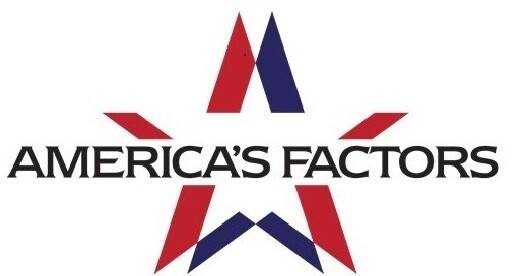Invoice factoring offers several advantages over other types of small business lending, such as traditional bank loans or lines of credit. Here’s a comparison:
- Invoice Factoring:
-
- Immediate Cash Flow: Factoring provides immediate access to cash by converting accounts receivable into working capital, allowing businesses to address cash flow needs without waiting for customer payments.
- No Debt: Factoring does not create debt on the balance sheet since it involves selling invoices rather than borrowing money. Businesses can access funds without incurring additional liabilities or impacting credit scores.
- Flexible Financing: Factoring arrangements can be tailored to the specific needs of businesses, offering flexibility in terms of invoice volume, contract duration, and funding requirements.
- Credit Risk Mitigation: In non-recourse factoring, factoring companies may assume the credit risk for unpaid invoices due to a credit reason, providing protection against customer’s bankruptcy or insolvencies.
- Streamlined Process: Factoring involves a simple and streamlined process compared to traditional lending, with minimal paperwork and quick approval times.
- Traditional Bank Loans:
-
- Longer Approval Times: Bank loans typically involve a lengthy approval process, requiring extensive documentation, credit checks, and collateral evaluation, which can delay funding.
- Debt Obligation: Bank loans create debt on the balance sheet, requiring businesses to repay the principal amount plus interest over a specified term.
- Fixed Repayment Schedule: Bank loans often have fixed repayment schedules, with regular payments due regardless of cash flow fluctuations, which can strain finances during slow periods.
- Collateral Requirements: Banks may require collateral to secure the loan, such as business assets or personal guarantees, increasing the risk for borrowers.
- Strict Qualification Criteria: Banks have stringent qualification criteria, making it challenging for small businesses with limited credit history or collateral to qualify for loans.
- Lines of Credit:
-
- Revolving Credit: Lines of credit provide businesses with revolving access to funds up to a predetermined credit limit, allowing them to borrow and repay funds as needed.
- Debt Obligation: Similar to bank loans, lines of credit create debt on the balance sheet, requiring businesses to repay the borrowed amount plus interest over time.
- Variable Interest Rates: Lines of credit often have variable interest rates tied to market conditions or prime rates, resulting in fluctuating borrowing costs.
- Credit Risk: Lines of credit may require collateral or personal guarantees to secure the credit line, exposing businesses to credit risk.
- Usage Restrictions: Some lines of credit may have usage restrictions or covenants that limit how funds can be used or require businesses to maintain certain financial ratios.
Invoice factoring offers businesses a flexible, simple and streamlined factoring process with minimal paperwork and quick approval times, allowing businesses to access funds promptly and efficiently.
For more information, please contact America’s Factors at 800-794-6786, complete the Inquiry Form or Online Application.
